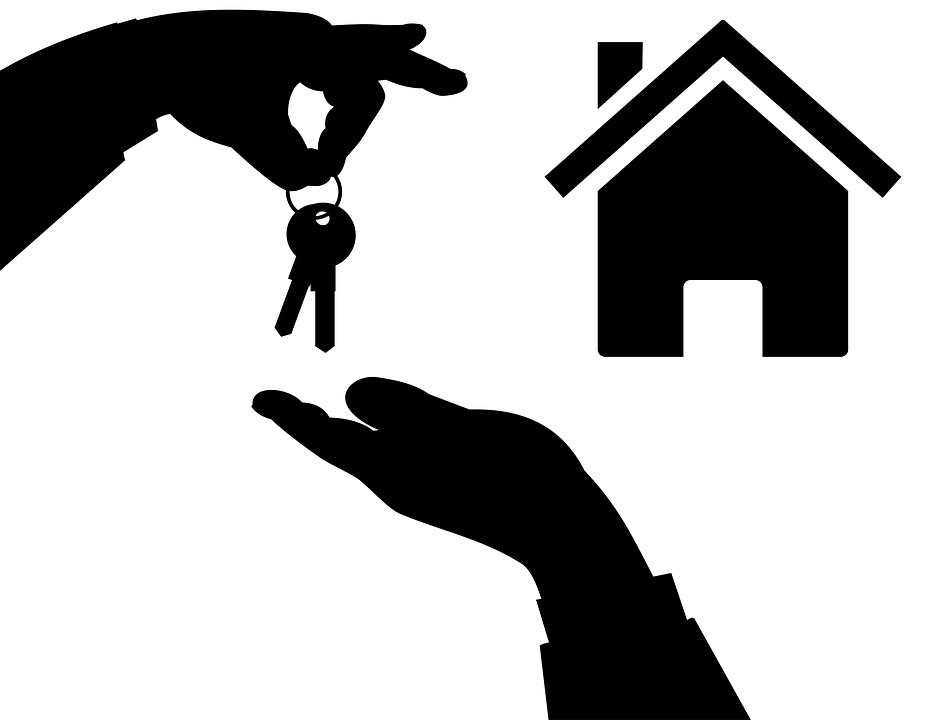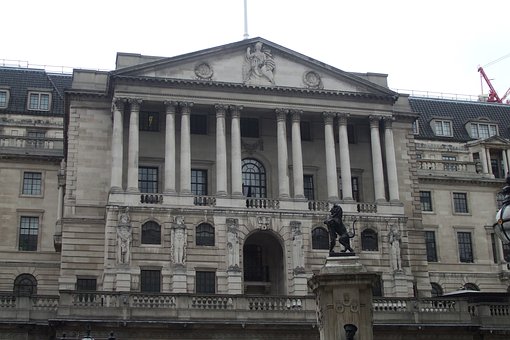The number of city-dwellers pursuing their dream of a rural idyll is on the rise. And despite the pandemic, UK house prices are holding up well, says Merryn Somerset Webb.
What do you want right now? Immediate freedom to go to the Italian lakes aside, I bet that near top of your list is a bigger garden. If it isn’t that, it will be a home office or two, or perhaps an intergenerational living annexe – so if lockdown ever comes again you won’t have to go three months without seeing your family.
Whatever is on the list, the odds are you want the house itself to be in the country. In an ideal world your new bigger garden comes with a pool, a tennis court and a teenage bunk house scattered around its many acres.
I don’t want to spend another lockdown in a city (I don’t actually want to spend another day in my city) and around the world, an awful lot of people seem to feel the same. The New York Post reported this week that “frantic” Manhattanites were spilling out of the city into the suburbs, snapping up houses real estate agents had begun to think they would never sell – sometimes sight unseen. Want a five-bedroom colonial style home in Connecticut for $1m? You’d better rush.
You can see the same feeling in the data in the UK. Listings of properties to let in London have surged. Estate agents working within a few hours of London are telling stories of buyers flooding to the countryside, willing to pay almost anything for big houses they wouldn’t mind getting stuck in (Cornwall has gone nuts too). Rightmove reports that searches for houses with gardens were up 42% last month compared with last May.
People who used to care for nothing but kitchen islands and central London postcodes are now obsessing over online photos of raised vegetable beds and croquet lawns. The interest in the market isn’t just anecdotal. Savills saw agreed deals rise 108% on the week last week and exchanges up 53%. Wider market data from TwentyCi shows a 54% increase in the number of properties marked “sold subject to contract” across the market in the past week – and a 99% increase over £1m. If you live in London now and thought that a Surrey Hills house was beyond you before, it almost certainly is now. The rich move fast.
To find out more about how we can assist you with your Mortgage requirements, please click here to get in touch
No real risk of a house price crash
And prices? You’d think that in the wake of a global pandemic you’d already be seeing a bit of a slump. It isn’t necessarily so. Nationwide reported prices down 1.7% in May. That’s a nasty number if you annualise it. But there were so few transactions last month that this number is all but meaningless. Of more interest should be the fact that prices now appear to be more or less flat on where they were a year ago.
So what next? In the short term at least, it seems clear that there is to be a rebalancing of city and non-city prices. What of UK house prices as a whole? Here, things are a little less obvious. House prices are about sentiment, of course. But they are more about the availability and the price of credit and would-be buyers’ incomes.
When prices fall properly it is usually when unemployment rises fast and those who can’t meet their mortgage payments become forced sellers.
Unemployment is likely to rise fast as the furlough scheme comes to an end: ask around and you will hear company after company reluctantly starting redundancy consultations. However, not only could the bounceback be stronger than expected, but a good many households are in considerably better shape than they were pre-lockdown.
Numbers from the Office for National Statistics suggest that the lack of spending opportunities should have allowed the average household to save £182 a week for the past nine weeks, while analysis from Wagestream suggests that 52.5% of those who still have jobs “feel better off than usual.” Demand for payday loans fell 61% in the first three months of this year and in March alone UK consumers paid down a whopping £3.8bn of debt.
Add to this the fact that the banks are keen to not be the baddies in this crisis. They have offered easy access to the mortgage holidays mandated by the government, taken up so far by 1.8 million people, says UK Finance. It’s a reasonably safe bet that they will be firmly encouraged to show exceptional forbearance to those who can’t pay in full when the holiday period is up, too.
At the same time, while rates on very high loan-to-value mortgages have crept up a tiny bit – and some lenders have pulled out of this part of the market – rates overall are low and likely to stay low for now (at some point the levels of stimulus we are seeing will cause inflation, but not quite yet). This week Skipton Building Society reintroduced 85% loan-to-value mortgages and cut rates on lots of products. How does a five-year fix at 1.35% sound to you? Sounds good to me. Skipton is also accepting mortgage applications from furloughed workers, which has to help.
We might also see new government schemes put in place to support prices (there’s a scheme for everything else). This is not the kind of environment in which forced sellers cause a crash.
But prices have become more affordable
The final point to note is that UK house prices aren’t as stupidly expensive as usual at the moment. They have been fairly flat in real terms for a couple of years now and have gradually become more affordable as a result. Those who think that this crisis will spell the end for prime London property (a mistake I often make) might also note that by the end of last year prime central London prices were already down more than 20% from their 2016-2017 peak. That’s not a place collapses usually begin from. They might also note that while 2020 is not 2008, prime central London prices rose an astounding 26% between March 2009 and January 2010.
You will think from all this that I am predicting rising house prices. Buy, buy, buy! I’m absolutely not (that would be out of character, for starters) and nor is anyone else. Savills sees prices down at least 5% this year and Capital Economics sees them down 4%.
There are lots of brakes on this market. The pent-up demand that is running our poor country agents off their feet will slow. The implosion of the buy-to-let sector will bump up supply. There may well be wealth taxes on the way (any liability added to a house cuts its value) and if inflation does kick off, interest rates will have to rise.
My best guess (and my hope) is that house prices will stay flattish in nominal terms and perhaps fall in real terms, a situation that will suit almost everyone. My only worry? That I am on the wrong side of the city-country trade.
By Merryn Somerset Webb
Source: Money Week






